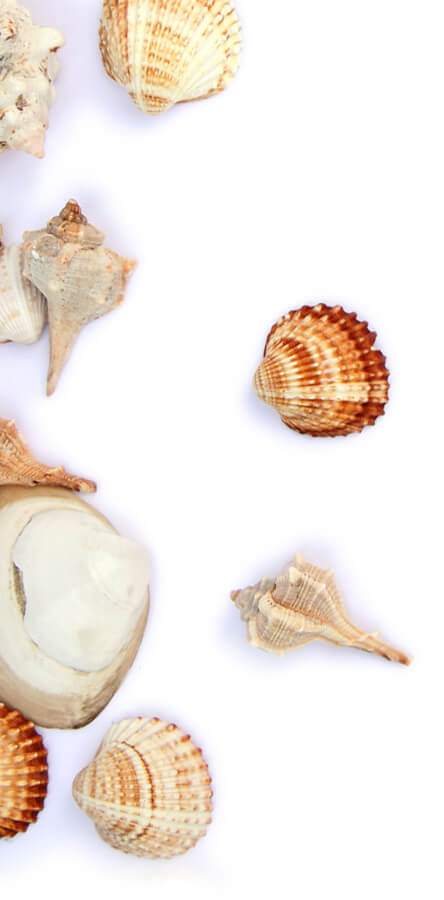What are the benefits of visiting a dentist regularly?
February 16th, 2022

Your regularly scheduled dental checkups with Dr. Mark Goedecke are not just meant to make your smile prettier and healthier. Your mouth’s health has an important impact on your overall physical health as well!
While you may brush your teeth twice a day and even floss, we would like to remind you that dental checkups with Dr. Mark Goedecke every six months aren’t just about addressing problems and reacting, they are about cavity and gum disease prevention.
In addition to a twice yearly thorough teeth cleaning and polishing at Goedecke Family Dentistry, these regular visits help us detect and prevent the onset of tooth decay and gum disease. During your visit, we’ll check the health of your mouth, teeth, gums, cheeks, and tongue. We’ll also check old fillings and restorations, as these can wear away over time from constant chewing, grinding, or clenching.
It’s important to know that the majority of dental problems do not become visible or painful until they are highly advanced. And, unfortunately, serious oral issues are painful and expensive to treat.
While Dr. Mark Goedecke and our team always strive to provide unmatched dental care for you and your family, we are also committed to your overall wellness as well! A deep cleaning twice a year is the best way to prevent any problems that may have gone unseen. If you are overdue for your next cleaning, please give us a call to schedule an appointment at our Mt. Pleasant office!






